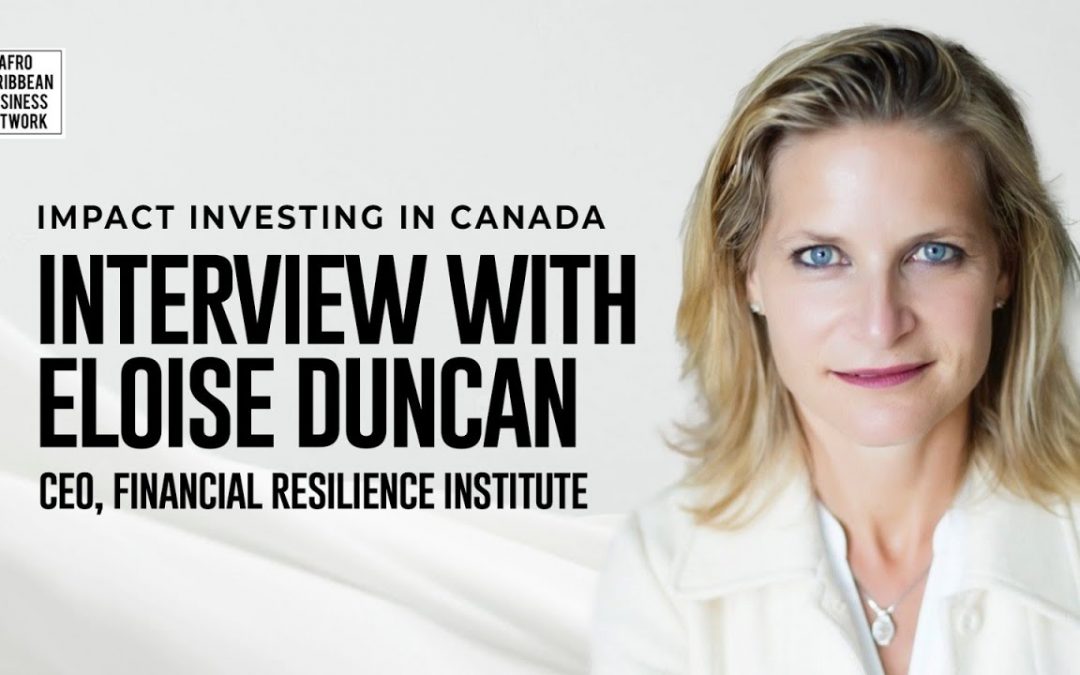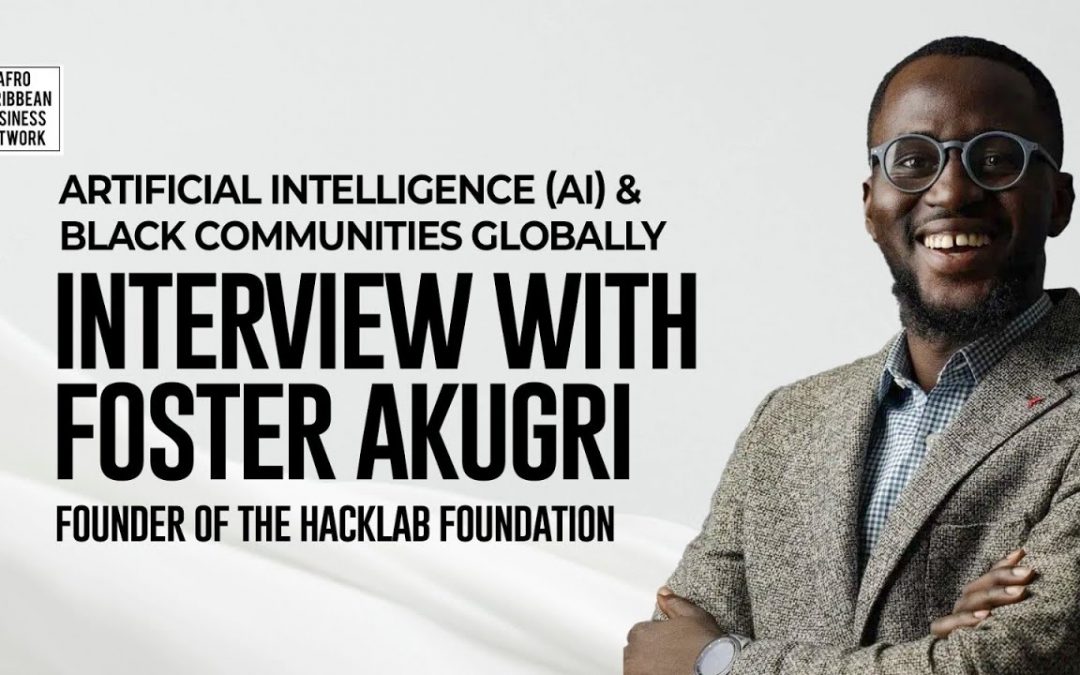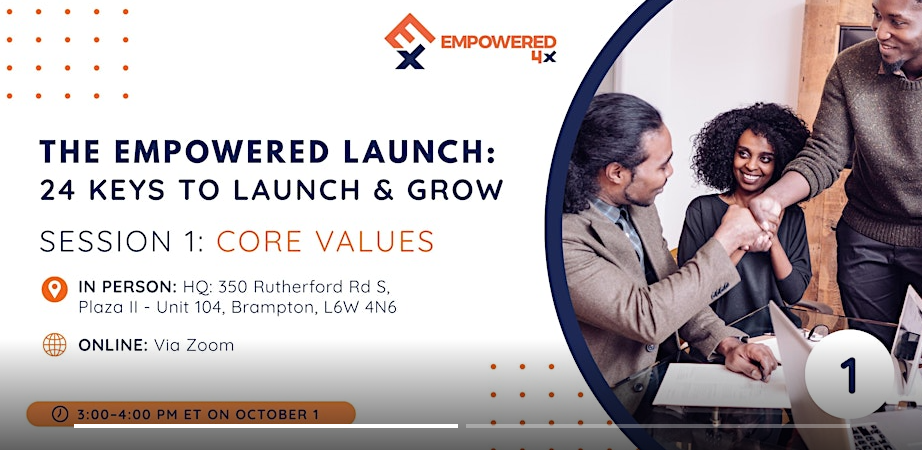How to Hire Your Dream Team with Zero Financial Risk: A Complete Guide Meta Description: Discover how this hiring grant covers up to 95% of wages for 12 weeks. Small businesses in the GTA can hire pre-vetted talent with zero financial risk. Apply now! If you are...










